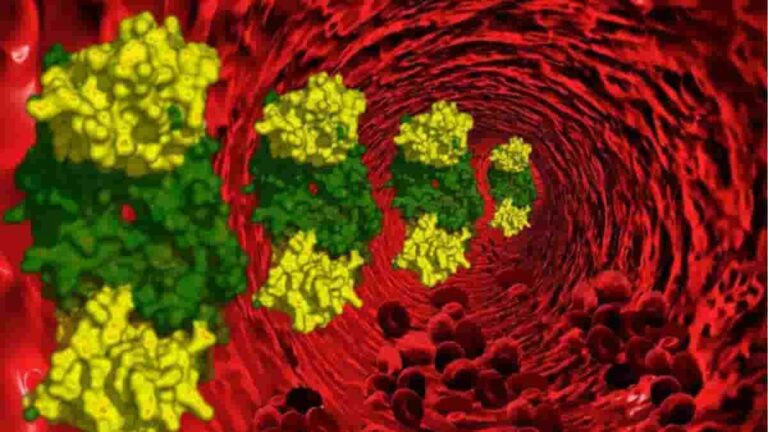A cellular mechanism has been discovered by which kappa opioid receptors (KORs) drive anxiety. These proteins, report University of North Carolina researchers, inhibit the release of the neurotransmitter glutamate in a part of the brain that regulates emotion. KORs have been of great interest as a drug target for the treatment of addiction and anxiety…
How Does Genetics Explain Non-identical Identical Twins?
Newspapers recently went wild with a story about identical twin sisters with a difference: they weren’t identical. Like all identical twins, Amelia and Jasmine arose from a single fertilised egg so have identical DNA, but somehow look different from each other. One child has dark skin, black hair and brown eyes while the other has…
A New Glimpse Into Working Memory
When you hold in mind a sentence you have just read or a phone number you’re about to dial, you’re engaging a critical brain system known as working memory. For the past several decades, neuroscientists have believed that as information is held in working memory, brain cells associated with that information fire continuously. However, a…
Higher Mild Cognitive Impairment Risk After Traumatic Brain Injury
Traumatic brain injury appears to be related to both increased risk and earlier onset of mild cognitive impairment, UT Southwestern Medical Center researchers report. Researchers discovered those who had experienced a traumatic brain injury (TBI) with loss of consciousness for more than five minutes were at greater risk of being diagnosed with mild cognitive impairment,…
What Makes Us Conscious?
Do you think that the machine you are reading this story on, right now, has a feeling of “what it is like” to be in its state? What about a pet dog? Does it have a sense of what it’s like to be in its state? It may pine for attention, and appear to have…
Exercise Helps Young People With Psychosis Symptoms
An exercise program devised by researchers at the University of Manchester has dramatically reduced symptoms among young people with first-episode psychosis. The long-term prospects for young people who are diagnosed with psychosis are typically poor, with high rates of relapse, unemployment and premature death. The antipsychotics they are prescribed also cause rapid weight-gain. Although exercise…
WIV1-CoV: SARS-like Virus May Infect Humans Without Adaptation
A SARS-like virus found in Chinese horseshoe bats may be poised to infect humans without the need for adaptation, overcoming an initial barrier that could potentially set the stage for an outbreak according to a study at the University of North Carolina at Chapel Hill. The work, led by Ralph Baric, Ph.D., professor of epidemiology…
Bevacizumab Restores Hearing In Some Neurofibromatosis
Restoration of hearing with bevacizumab has been observed in a small clinical study of people with neurofibromatosis type 2 and hearing loss. It is estimated that one in 25,000 people is born with neurofibromatosis type 2 (NF2), a hereditary tumor syndrome in which virtually everyone progresses to deafness because of vestibular schwannomas, tumors growing on…
How the Brain Infers Causal Structure across Saccades
Our brains must deal with a lot of uncertainty. Incoming sensory information is noisy and incomplete; our environment is continuously changing and unpredictable. Our eyes, for example, continuously make very fast eye movements known as saccades to scan the environment. Watch your friend’s eyes; you will notice that the eyes are never still. However, when…
